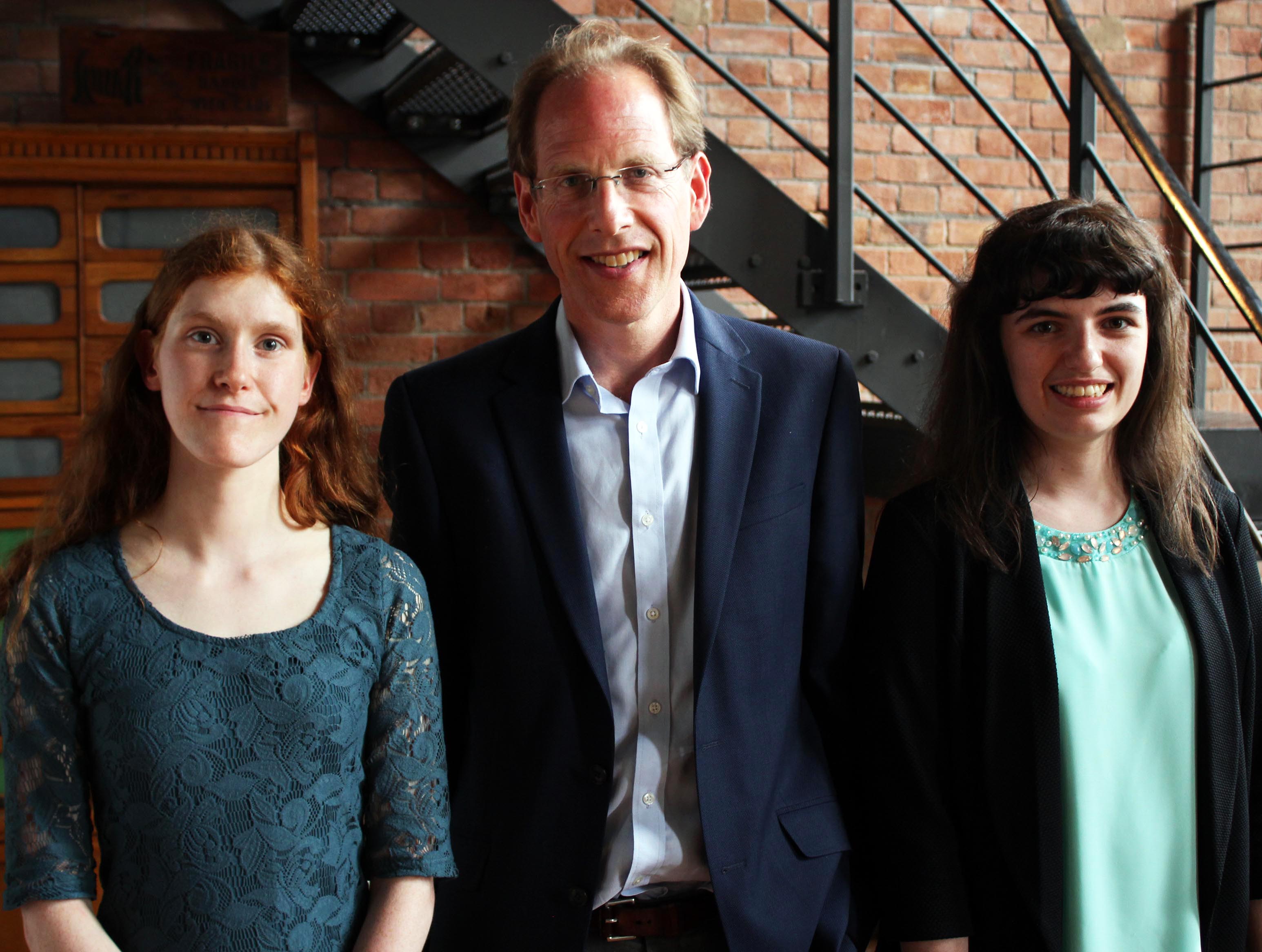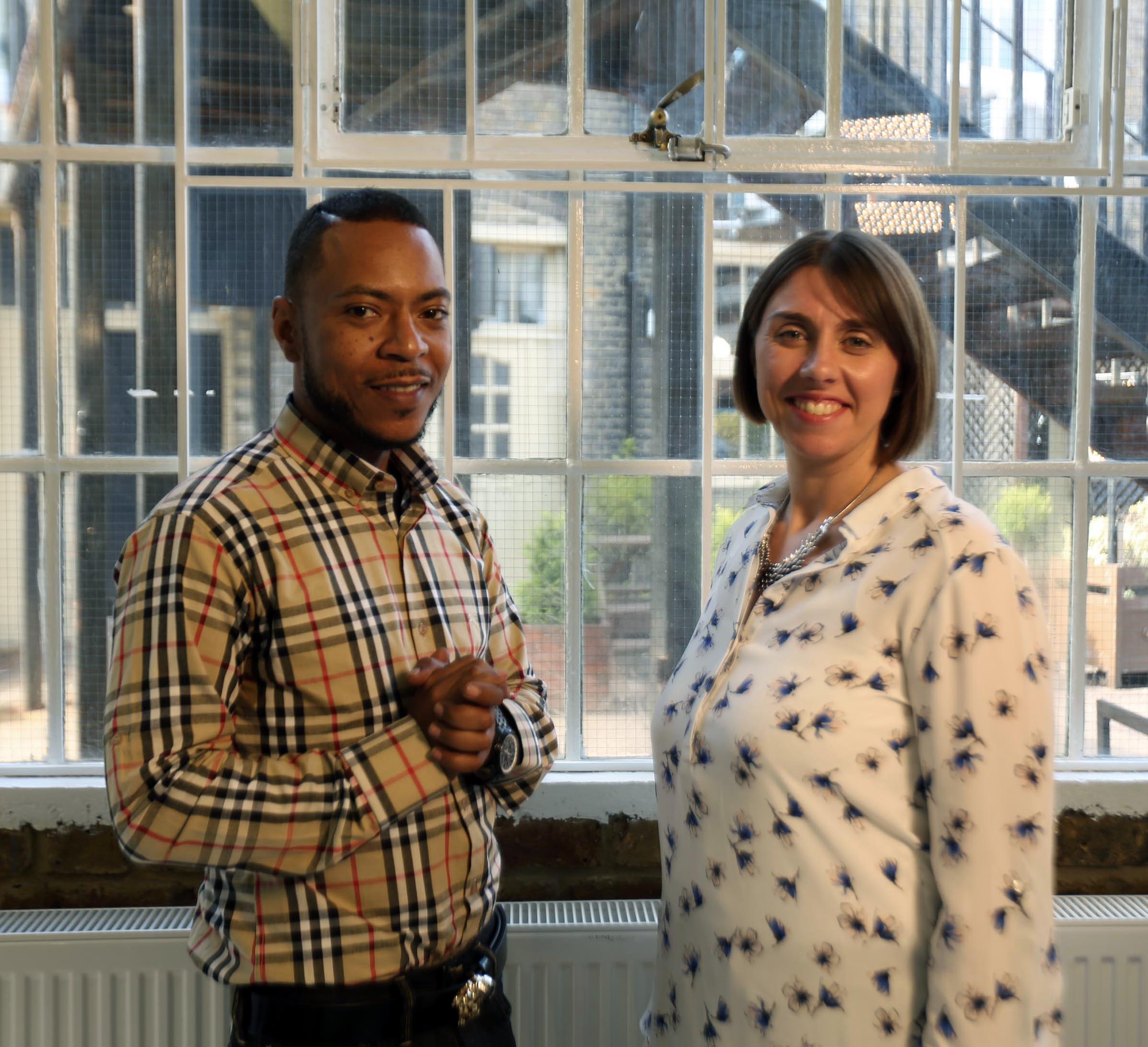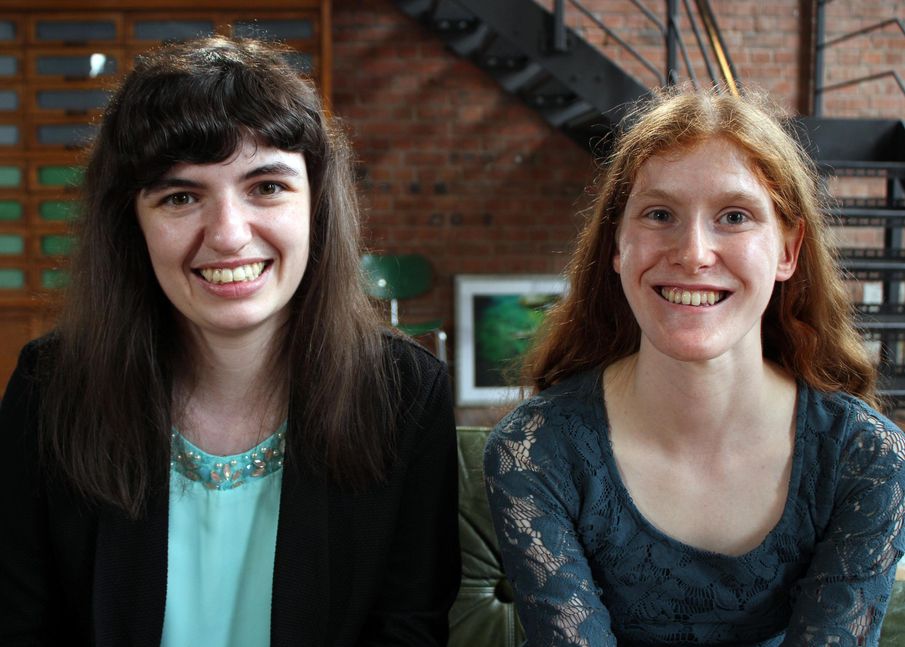In the largest reported survey of its kind, more than half of the participants whose results indicated they met criteria for an autism diagnosis were female

The new one-off Channel 4 documentary, Are You Autistic has revealed unprecedented results from the largest every survey of its kind. Aired on 28th March 2018, the documentary sets out to change our perceptions of autism. As part of the hour long show featuring presentor Anna Richardson, new research was released by world leading autism expert Professor Simon Baron Cohen and the University of Cambridge.
The online survey, completed by over 750,000 adults across the UK, aimed to see how autistic traits are spread out across the British population, and to see if expert theories around a ‘lost generation’ of autistic adults (as highlighted within the documentary) may have statistical backing.
Of the three quarters of a million who completed the survey, 87,000 secured above the cutoff pointing towards a diagnosis of autism (11.6%). With figures previously estimating 1 in 100 adults in the UK are autistic, these new figures suggest the numbers could be significantly higher.
More surprising still to researchers, of the 87,000 who scored above the diagnostic threshold, 54% (47,000) were women. Current estimates vary widely, putting the male to female ratio of diagnosed individuals on the autism spectrum at anywhere between 2:1 males to females through to 16:1.
These new figures potentially support expert theories that have suggested females on the spectrum may unconsciously practice social masking. Combined with fewer experts considering an ASD (autism spectrum disorder, also known as autism spectrum condition) or ASC diagnosis when presented with the same indicators in females as males, this new research suggests the numbers of undiagnosed females may be higher than previously thought.
Why is a diagnosis important?
Diagnosis’s aren’t important for everyone, however they can provide ease of mind, access to services, support, and funding for families and individuals themselves. Without a diagnosis, many autistic individuals can be left wondering if they’re ‘just weird’, according to autistic presenters of Are You Autistic? Georgia, a trainee human rights lawyer, and artist, Sam.
Georgia said “Autistic people aren’t broken or weird or anything to be scared of. Our brains are just wired a bit differently”
Are You Autistic?

The one-hour, one-off documentary is available to watch on All 4. Aiming to dispel some of the common misconceptions around the condition, a panel of young autistic adults share their experiences in a frank discussion. The show follows neurotypical TV Presenter, Anna Richardson, as she learns more about autism following the diagnosis of her nephew.
Viewers also follow musician, JP and Mum of three, Jo, as they complete a series of tests before going through the official diagnosis process to determine if they are on the spectrum. The documentary also addresses the different ways in which women and men on the spectrum may present, focusing on the concept of ‘social masking’.
“Everyone has the right to be their own version of normal and shouldn’t have to pretend to be someone they’re not” Georgia said. “If people can be diagnosed earlier, then they won’t have to pretend and struggle so much.”
New diagnostic criteria coming into effect from 2018 within the UK was also raised.
For more information on autism spectrum conditions (ASC), visit The National Autistic Society or Counselling Directory to learn more about Raising an Autistic Child and the Adult Journey to Diagnosis.


Comments